CHS debate team praised for achievement by board
Last week’s school board meeting started with an emphasis on the primary goal of the Claremont Unified School District: student achievement.
First, Michaela Moriarty and Robert Smith, who attend Claremont and San Antonio high schools, respectively, were sworn in as new student representatives to the board of education.
It’s a job that requires commitment. Michaela and Robert will be expected to attend all school board meetings during the second semester of the 2014-2015 school year, delivering reports on the doings of the various school sites in the district.
It’s also a role that can have significant impact. While student board members don’t vote on agenda items, they are encouraged to weigh in on topics in which they feel a student’s perspective would be helpful.
Among those students most comfortable expressing their views are members of the Claremont High School debate team. These intrepid teens were acknowledged at the February 5 school board meeting for making a splash at the MLK Invitational Tournament this past January.
Last month, seven members of the debate team traveled to James Logan High School in Oakland to compete against 137 teams in parliamentary debate. By the day’s end, only two teams were left standing. Both were from CHS.
Among those doing the Wolfpack and the district proud were the championship teams of Dominic Schnabel and Sharon Musa—who are now ranked as the number-one high school debating team in the state—and Andrew Lopez and Gavin Green, who have moved on to the number-eight spot. These dynamic duos have qualified to compete in the Tournament of Champions (TOC) set for April 25-27 at the University of Kentucky, in which they will test their mettle against the nation’s top-ranked high school debaters.
Hilary La Conte took a moment to give CHS speech and debate coach Dave Chamberlain, who works tirelessly on behalf of the students, “massive thanks for a job well done.”
Sophomore board member Dave Nemer is becoming known for injecting some gentle humor into board gatherings. After praising the students’ ability to express their thoughts, emphasizing it will serve them well in their chosen fields, he added a note of caution about their sharp argumentation skills.
“You might want to contain it a little bit within your relationships. It can generate some resentment,” he joked.
The performances of El Roble Intermediate School and Danbury Elementary School were also showcased when their site councils delivered a presentation on their respective Single Plans for Student Achievement (SPSA).
State-funded schools are required to deliver an annual report on how they are working to close education gaps and improve in various areas. An SPSA highlights a school’s performance in meeting the previous year’s goals and the ways the staff is working to reach current aims.
The school site councils of El Roble and Danbury share a common goal this year. Both are committed to upping the percentage of teachers who say they are comfortable with the new Common Core form of assessment and its associated curriculum.
Principal Scott Martinez and his El Roble team also discussed the ways they are fostering student achievement, including regular and ongoing interventions for students who are having trouble grasping subject matter or staying organized and on task.
One interesting note Mr. Martinez shared is that each El Roble student is administered a test to determine their style of learning, information helpful for kids and their teachers. Once, education was undertaken with a one-size-fits-all approach. Newer research has determined students differ in how they take in information.
Some students are visual learners—great at soaking up pictures, images and spatial information—while aural learners retain lessons better when they are spoken or accompanied by sounds like music. Another category is kinesthetic learners, students who best grasp new concepts when they are able to dive in, using their body, hands and sense of touch.
Principal Steve Hamilton emphasized that Danbury must balance implementation of the Common Core with the understanding that many Danbury students are behind their grade level because of intellectual disabilities or ongoing medical issues.
The great thing about the Common Core, he said, is its emphasis on learning as a process similar to building with blocks. Say a fifth grade student is working at the first grade level. His teachers can rest assured knowing that the curriculum he is tackling is not just remediation but instead a foundation for higher-level work.
One of the goals Mr. Hamilton and his staff set for Danbury last year was for the school to host two Science Exploration Nights involving students and parents. He was pleased to report that these events, which were held over winter break, each garnered more than 70 participants, more than a quarter of who were parents.
Beyond the value of exposing the kids to science, these events were one of the many ways Danbury seeks to create a sense of family among the school community.
Mr. Hamilton said cultivating trust is paramount at the campus, which specializes in teaching students who are orthopedically handicapped or medically fragile. Federal law provides that public school education for disabled students may begin significantly earlier than for those with no such challenges. Mr. Hamilton asked each member of the board and all meeting attendees to imagine they are the parent of disabled 3-year-old. Knowing that their little one was safe would be paramount.
School board member Steven Llanusa said Mr. Hamilton and everyone at Danbury deserve kudos for always keeping in mind their students’ wellbeing as well as their exposure to enrichment activities.
“You not only address the whole child. You treat every child as whole,” he said.
—Sarah Torribio
storribio@claremont-courier.com



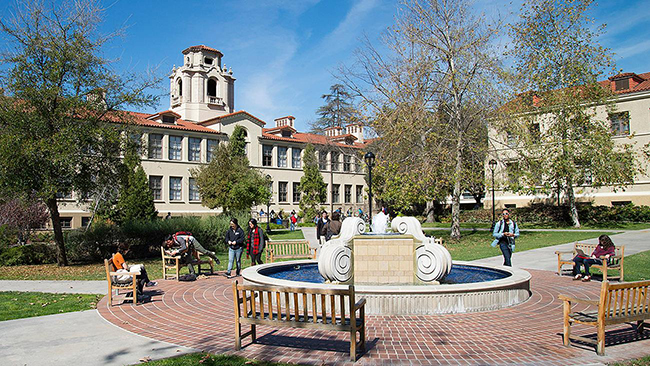
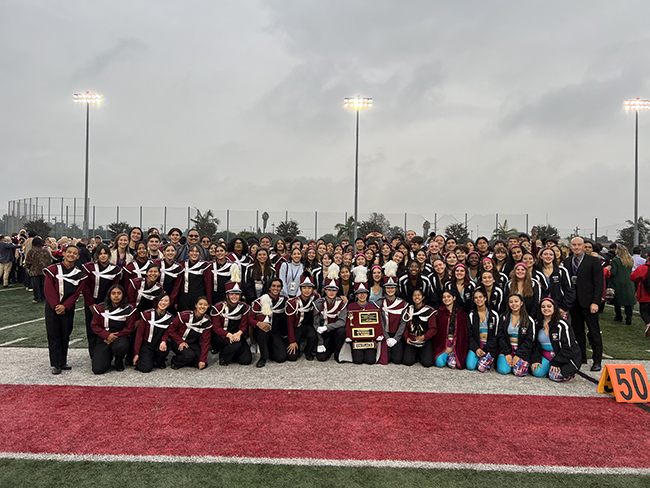
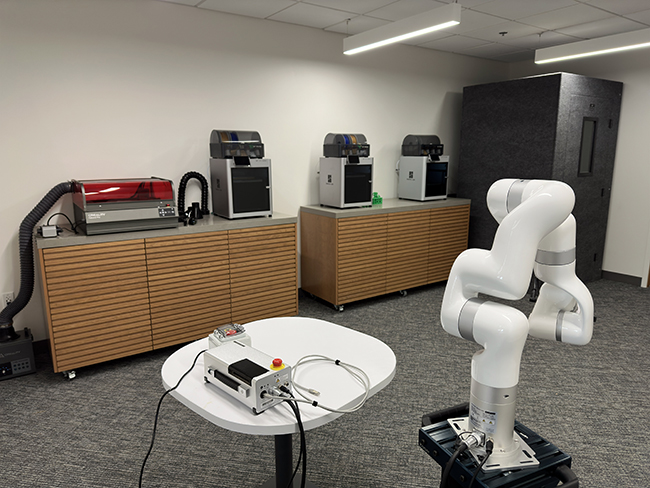

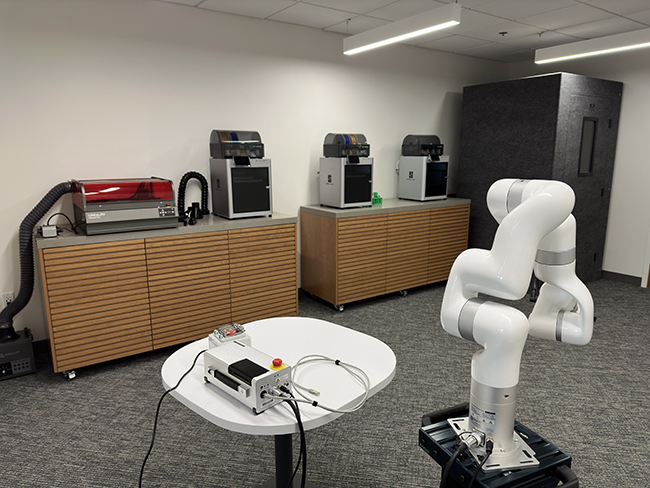
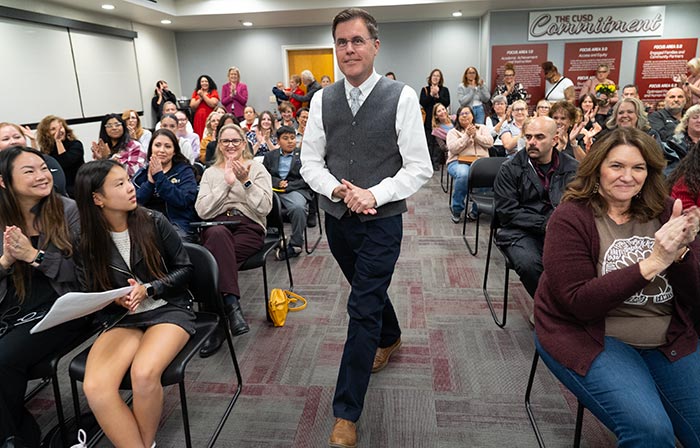

0 Comments